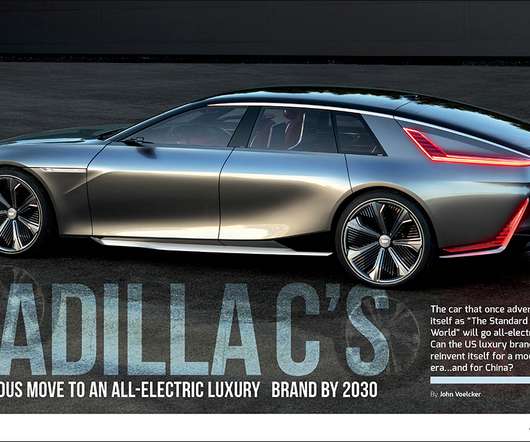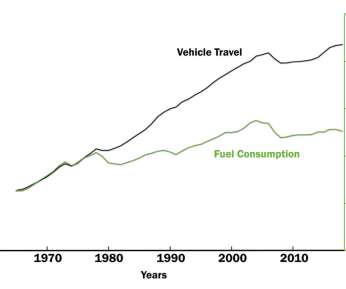Blazer EV price cut, Dodge electric muscle, Rivian R2 and R3: The Week in Reverse
Baua Electric
MARCH 10, 2024
Which affordable EV regained its EV tax credit eligibility this week? Rivian on Thursday provided the most significant future-product preview since the debut of its R1 series trucks at the 2018 LA auto show. Rivian used the moment to pause (and delay) plans for its massive Georgia plant to get the R2 to production by early 2025.












Let's personalize your content